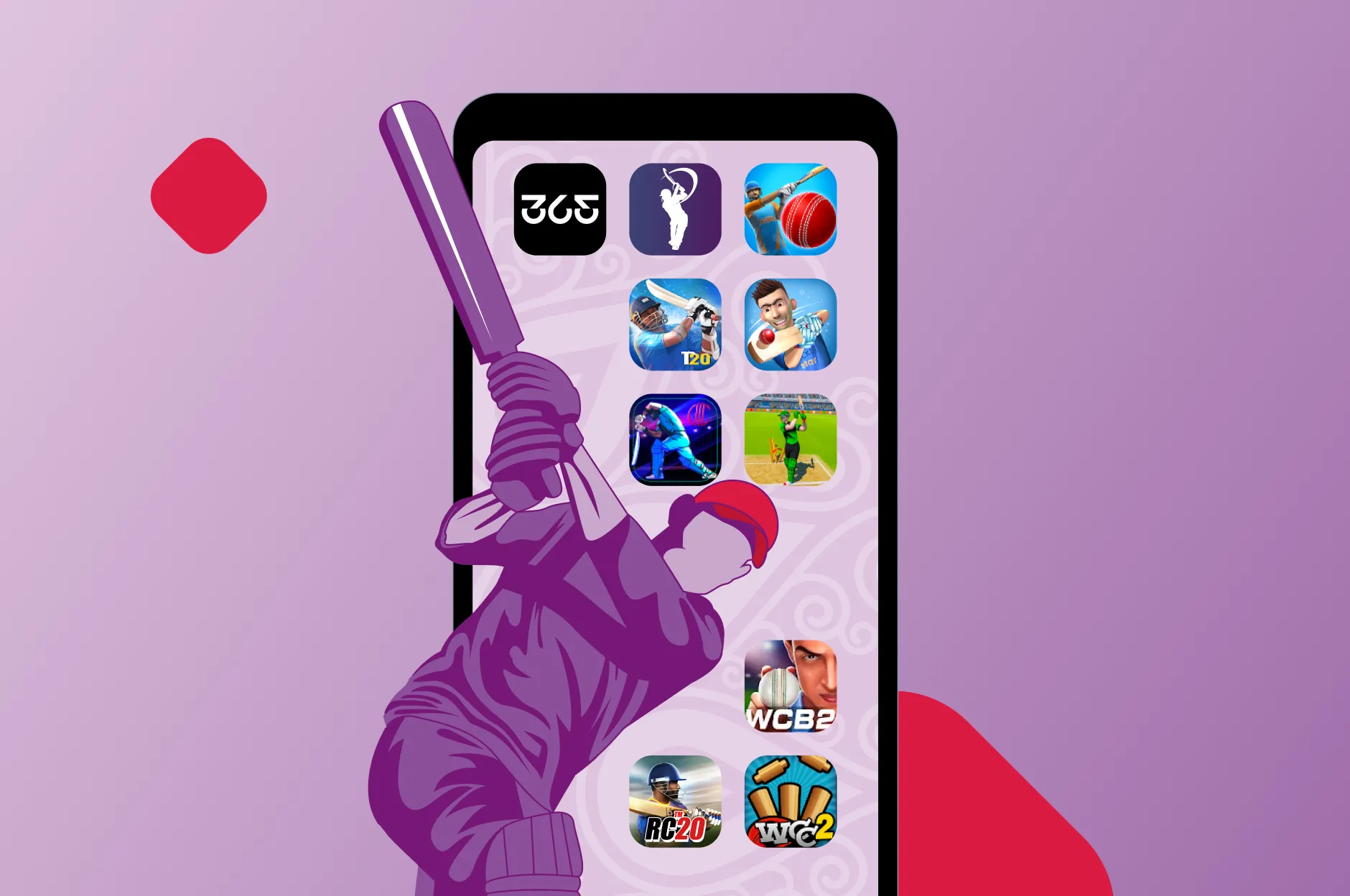

As mobile networks improve speed and quality, Latin Americans are spending more time on their mobile devices.Brazil and Mexico dominate the market, with a combined 55% total number of mobile sessions for the year ending June 2016, according to this Flurry Report. Argentina trailed at 8%, and Colombia at 6% of total sessions for the same period.The number of sessions are a good indication of which markets have the greatest potential for app developers looking to enter the LATAM market.Two countries, the Dominican Republic and Bolivia, saw triple-digit increases in the number of sessions. Countries with statistics like that deserve a much closer look to see what the entry cost is and the opportunity. Smaller app developers may find the CPI and path to entry not as difficult as it might be in the larger countries.One thing is for sure -- Latin Americans are falling in love with their smartphones.For many Latin Americans outside of Brazil and Mexico, their smartphones are the only way to access the internet. As mobile network speed and capacity improve, we can expect to see a lot more Latin Americans purchasing smartphones.Which begs the question: what types of apps are Latin Americans downloading, and how do they compare with other major mobile markets in the world?
"Unlike in other emerging markets such as China and other parts of Asia, Latin America users tend to like similar apps to North Americans and Europeans."Christopher Reynolds, UK technology journalist, Moby Affiliates, "Promoting your app in Latin America"
Over the last few years, mobile has taken off in Latin America, with some areas experiencing robust growth.The LATAM market has some pronounced challenges, however, that make it more difficult for mobile expansion. Economic instability and a large unbanked population slow the widespread adoption of mobile which, in turn makes market entry a tough challenge.Even as market conditions improve and mobile technology sees wider adoption, diverse cultures and languages will provide challenges similar to those experienced in countries such as India, where there are dozens of languages and hundreds of dialects.Localization may require app developers to cultivate relationships with people inside of those cultures to learn about them.Growth in Brazil and Mexico has slowed, due in part to market saturation. Political unrest and economic uncertainty have also had a dampening effect on both economies.The mobile markets in Colombia and Argentina, however, are growing with plenty of room for app developers to enter the market with relatively low Cost Per Installation (CPI).In some ways, Latin America is still near the beginning of its journey into the latest mobile devices. Small form factor phones are still prevalent, as users are slowly transition to larger, newer smartphones.Some countries, such as Bolivia and the Dominican Republic, are experiencing massive growth in user sessions, which indicates that mobile infrastructure is improving and more people in those countries are buying smartphones.This is great news for app developers looking to invest in the LATAM region.

Top App Categories in Latin America
Android phones dominate with 81% of survey respondents according to this this comScore Report from October of last year. Furthermore, Android also dominated tablets with a 70% market share.What about apps?Latin Americans have a preference for apps that are similar to North American and European tastes, as can be seen with the most popular LATAM app categories below:1. Utilities & ProductivityThe most popular app category comes as no surprise, given the marketshare for Android devices. The productivity category is dominated by apps for document creation and reading, email, notes and memo apps, file storage, and file explorers.Utility apps are dominated by free antivirus, security, and device cleaners, much like North America and Europe. The Asia Pacific region, however, is dominated by VPN apps with a few device cleaners and antivirus apps in the mix.In 2014, Latin Americans were going more for utility apps developed in Latin America. That seems to have changed, with smartphone owners switching to apps from developers that have international brand recognition.2. GamesGames, for Latin American users, are spread out across multiple game categories, with Action, Strategy, Arcade, and Adventure being the most popular. Popular games categories are similar to those in the North American, European and Asia Pacific regions.Overall, games are a fast growing app category; developers with game experience may want to enter this market soon, while it is still relatively new. This is a pattern that is consistent across all of the global market regions.3. PersonalizationPersonalization apps are popular, with most of the apps split between custom theming apps, custom icon apps, and custom wallpaper apps. A very similar pattern emerged for personalization apps in all other global markets.The personalization category seems to be dominated by several app developers with apps in every major region of the world.App developers who want to offer personalization apps may want to develop apps that target specific countries and cultures. This could prove to be a draw in a category that has a lot of apps by developers whose origins are unknown (to AppAnnie, anyway).

4. Messaging & SocialThe top five apps in Latin America are:
- Snapchat
- Melon
This is a pattern that is virtually identical to the other global markets, with the singular exception that Facebook is usually in the #1 spot.This is a tough market to break into, but if done well, the potential for growth and user expansion is incredible5. PhotographyPhoto editing apps dominate this category, followed by camera apps, with the most popular photo editing apps in the top 10 across all global regions. The photography apps offer everything from simple photo editing to SnapChat-like effects to collage apps.6. Music, Media, & EntertainmentPopular apps such as YouTube and Spotify rank in the top 10, but there are a lot of localized apps in this category.An interesting detail about the localized apps is that most of them are made in China, France, or the United States - instead of one of the Latin American countries. For app developers in Latin America, this may represent an opportunity.7. Shopping & LifestyleShopping apps abound in Latin America and include a mix of familiar shopping apps such as Amazon and Ebay, lottery apps, and shopping list apps.A bit of a difference becomes apparent here, with app developers from Brazil, Argentina, and the US dominating the top 10 shopping apps. Latin America is a bit different than other global markets in this respect -- generally speaking, shopping apps are developed in the same countries where they are used the most.Lifestyle apps are a strange brew of dating apps, branded apps, health apps, chat apps, and alarm apps. Branded apps may not dominate the top 10 in Latin America, but they sure do in the US and Europe.

Conclusion
As Latin American incomes grow and the mobile network infrastructure improves, users will purchase more smartphones.Argentina and Colombia are on track to close the gap with Mexico in the next few years, as mobile growth continues in those two countries. Smaller countries such as Bolivia may grow faster than larger countries; app developers looking for low CPI and faster ROI may want to start in one of these smaller countries first.The only downside is that they will reach market saturation much more quickly than their large neighbors.Payment options will continue to be a challenge, with most Latin Americans on prepaid voice and data plans. Direct Carrier Billing (DCB) and other, less convenient payment options are available, although they may prove more costly than relatively inexpensive payment options available in countries with large banked populations.App developers who have a Latin American market strategy should prepare to enter the market as soon as possible to take advantage of relatively low CPI and ease of entry.Latin American countries that have given the internet and/or mobile technologies priority may also have policies and regulations that are friendly to foreign app developers who want to enter their markets. As with any foreign venture, carefully research the laws and regulations that apply to your apps and integrate compliance into them.Even with all the challenges, the Latin American app market is on the cusp of exploding with opportunity. App developers who are ready to invest in the market and face the challenges head-on will also be the most successful.






.jpg)
